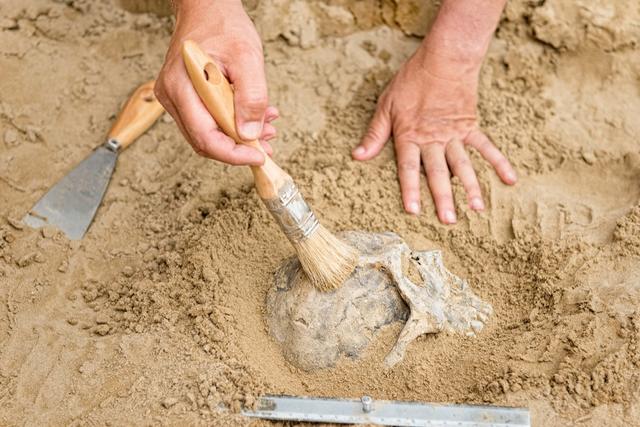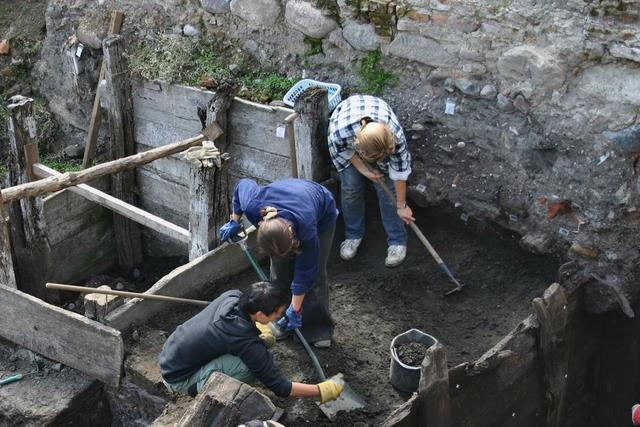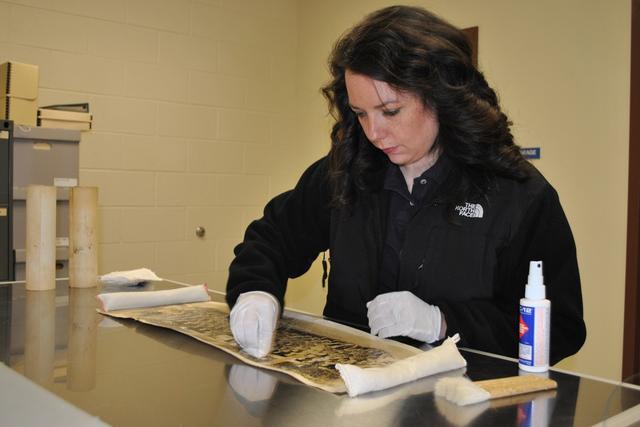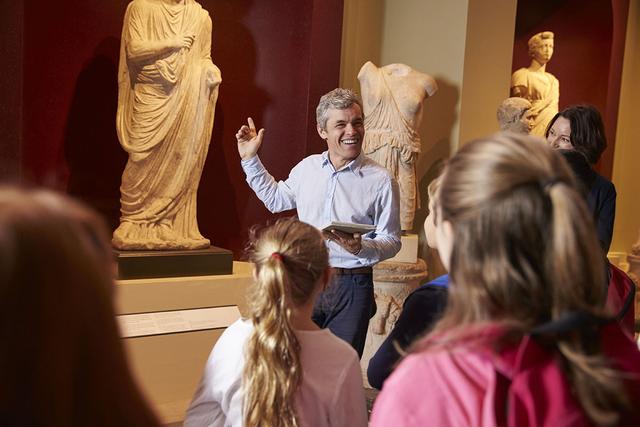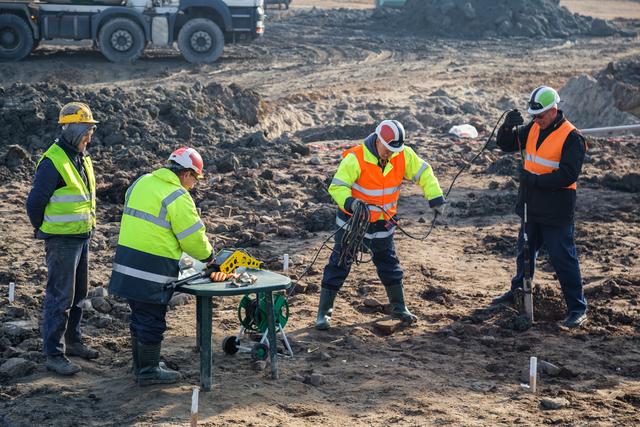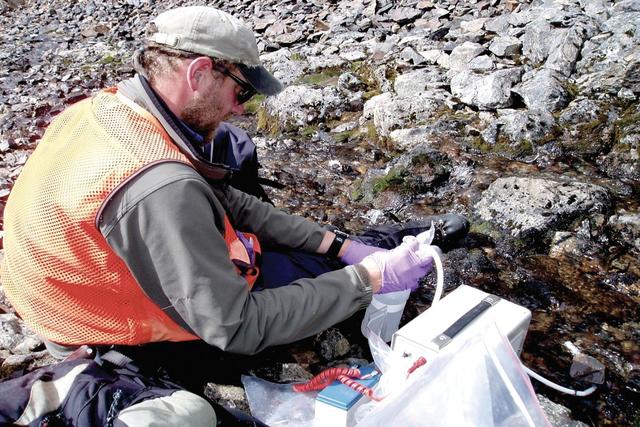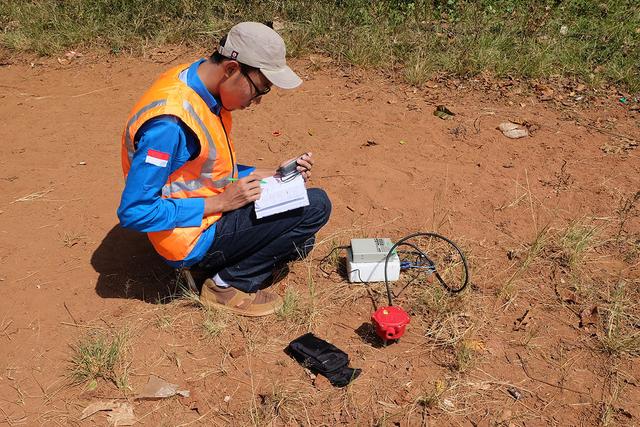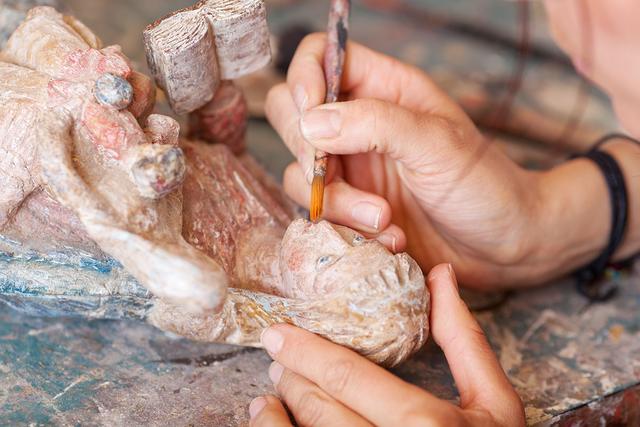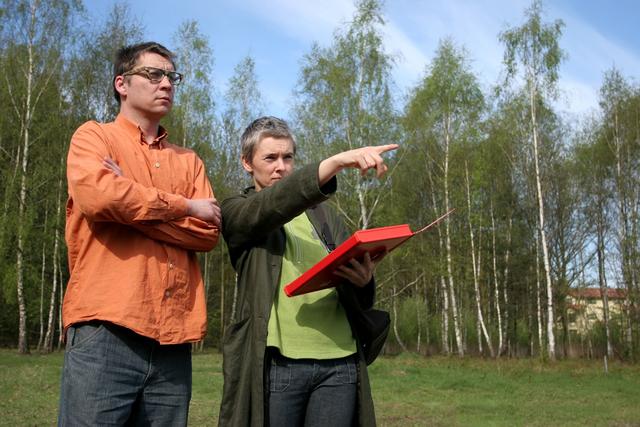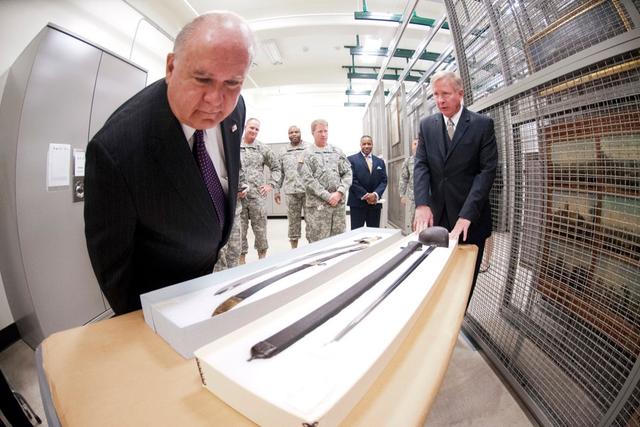Historians
Overview
Introduction
Historians study, assess, and interpret the activities and conduct of individuals or social, ethnic, political, or geographical groups of the past. They research and write books and papers about various subjects. Some also teach in universities and lecture for museums and historical societies. Many historians specialize in certain eras and specific subjects of history.
Quick Facts
Median Salary
Employment Prospects
Minimum Education Level
Experience
Skills
Personality Traits
Earnings
Historians earned median annual salaries of $72,890 in May 2023, according to the U.S. Department of Labor. Salaries ranged from less than $35,760 to $124,720 or more annually. Fifty percent of historians earned between $51,720 and $93,580. Historians who worked at museums and historical sites earned mean annual salaries of $54,210. Those who worked for local, state, and federal agencies earned...
Work Environment
Historians who are employed in educational settings enjoy clean, well-lighted, and pleasant work settings. College and university professors may have their own offices, or they may have to share an office with one or more colleagues. College professors enjoy a flexible schedule that allows them to arrange their work days around class hours, academic meetings, and the established office hours wh...
Outlook
The Occupational Outlook Handbook (OOH) reports that employment for historians is expected to grow about faster than the average (6 percent) for all occupations from 2023 through 2033. Historians who are employed by policy and research, historical consulting, and historic preservation firms, as well as at historical societies, will have the best employment opportunities in the next dec...
